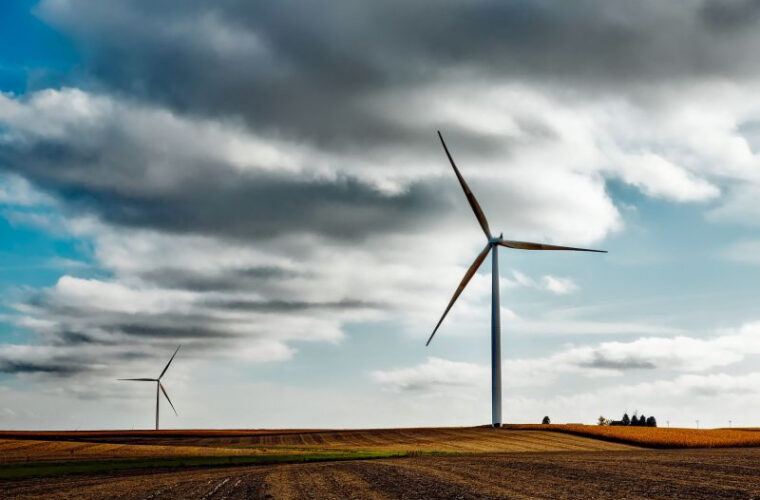Ofgem has released its quarterly report on the Non-Domestic Renewable Heat Incentive (NDRHI), revealing that cumulative payments to NDRHI installations reached an impressive £6.48 billion by the end of September 2024. This incentive scheme was designed to encourage businesses, non-profits, and the public sector to install renewable heating systems, providing financial support in quarterly instalments over 20 years based on the eligible heat generated.
Launched in 2011, the NDRHI scheme closed to most new applicants in March 2021, and completely ceased operations in March 2023. Despite its closure, Ofgem will continue to report on the NDRHI until all applications have been processed.
Key Insights from the Report
Solid biomass boilers remain the predominant technology under the NDRHI, accounting for 76.55% of all installations. Air source and ground source heat pumps represent 4.18% and 12.26% of installations, respectively. Interestingly, a decision in 2016 to reduce tariffs for small and medium-sized biomass boilers had been anticipated to lead to a 98% drop in new installations, yet the sector has remained resilient.
Solar thermal installations, which make up 1.49% of the total, were initially expected to be removed from the scheme but were retained despite concerns. To date, a total capacity of 6,161 MW has been approved for payments under the NDRHI.
Decarbonising Heat Across the UK
For domestic properties, heat pumps have been the primary technology replacing traditional gas boilers. The equivalent scheme for domestic installations, the Domestic Renewable Heat Incentive, was succeeded by the Clean Heat Grant after its closure in March 2022. The Clean Heat Grant has evolved into the widely implemented Boiler Upgrade Scheme (BUS).

In September, Ed Miliband, Secretary of State for Energy Security and Net Zero, authorized Ofgem to over-allocate vouchers for the BUS by up to £50 million this financial year, totaling £200 million. This measure aims to ensure that vouchers remain available throughout the year.
However, the implementation of the Clean Heat Market Mechanism, which mandates heat pump installations to comprise 4% of boiler manufacturer sales in the first year and rise to 6% in the second year, has faced delays. Initially set for April 2024, the launch has now been postponed to April 2025, and was notably absent from the Chancellor’s budget announcement on October 30.
Innovative Solutions for Industrial Use
In industrial applications, where higher temperatures are often required, innovative technologies are being explored. Recently, Zero Carbon Capital led a £1 million pre-seed funding round for Exergy3, a startup emerging from the University of Edinburgh that specializes in modular thermal energy storage systems, converting green electricity into heat.
Additionally, the Hepworth Brewery in Sussex is trialing a novel heat pump claimed to reduce carbon emissions by up to 90%. Current± recently spoke with James Macnaghten, co-founder and CEO of Caldera, a company focused on using porous rock and recycled aluminium to store heat generated from renewable energy.
Suggested Sources
- [Ofgem Official Reports]
- [UK Department for Business, Energy & Industrial Strategy (BEIS)]
- [International Renewable Energy Agency (IRENA)]



